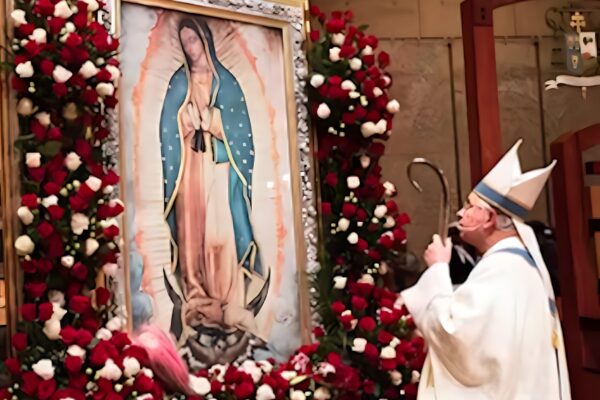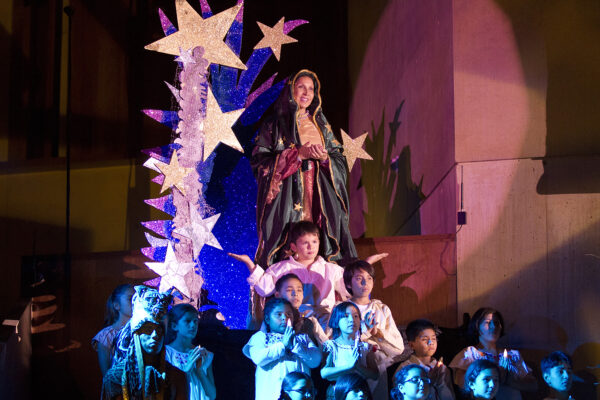Friends often marvel that I’ve built a life with words. They shake their heads and say, “It’s a miracle you’re a writer.” Honestly, they’re not wrong. Growing up in 1950s Texas, when terms like “mentally retarded” were tossed around casually and public schools had catch-all “special education” classrooms where struggling kids were cast off until they turned sixteen and could legally quit school, my future as a writer—or anything at all—seemed improbable.
In second grade, I was well on my way to being cast off. Midway through the school year, my parents were summoned to meet with my teacher and the principal. I remember sensing something ominous that day, watching my parents leave for the school without saying much, their faces drawn and tense.

At the meeting, the teacher and principal laid out their case against me. There were spelling tests, writing samples, and worksheets, all decorated with looping red Fs. “Tony doesn’t participate in class,” my teacher said. “He doesn’t follow directions. The only thing he seems remotely interested in is recess.”
The conclusion was as brutal as it was final: I would be placed in the special education classroom.
The principal delivered the final blow, telling my parents, “I’m afraid Tony’s IQ is somewhere south of fifty. He’s hopeless.”
Hopeless. My parents sat in stunned silence, staring at the pile of my failures spread across the desk. My mother, I’m sure, was fighting back tears. My father’s lips were a tight, furious line.
But then, a voice spoke up. It belonged to the student teacher sitting at the back of the room. She was a Baylor University undergraduate, still learning her craft, but she was confident enough to challenge authority.
“Excuse me,” she said, her voice cutting through the room. “I don’t think Tony is slow. I think he doesn’t understand English. I don’t believe he can communicate in it, either.”
For a moment, there was silence, followed by a dismissive wave from the principal. “That’s not the issue,” she said, her tone final. “I’ve been doing this for years, young lady. He belongs in special education.”
But the student teacher wouldn’t back down. She argued her case, pointing out patterns in my mistakes and the way I avoided participating. She suggested taking me to meet with education specialists at what was the precursor of the Baylor Literacy Center, where linguistic experts could determine if language was the issue.
It was a bold idea, one met with resistance, but my parents, desperate for hope, agreed. Begrudgingly, so did the teacher and principal.
A few days later, I found myself at Baylor sitting across from a bilingual specialist. She asked me questions in Spanish, my first language, and I came alive. The words poured out of me, my answers quick and animated. She tested me in Spanish and concluded that I wasn’t slow at all—I was just a shy kid who hadn’t learned to speak or understand English.
That moment changed everything.
The specialist designed a plan to help me transition into English. Within two weeks, I was speaking simple sentences. In a month, I was reading at the same level as my classmates. By the end of the semester, I wasn’t just keeping up—I was among the top students in the class.
Looking back, I realize how close I came to being dismissed and forgotten. One well-meaning but misguided decision could have consigned me to a path where potential and opportunity were replaced with limitations and low expectations.
Instead, the student teacher’s courage gave me the chance to find my voice. And what a miracle that turned out to be. That shy boy who once hid behind language barriers grew up to make his livelihood as a writer, penning books and columns, and telling stories that connect people through words.
I owe everything to the people who didn’t give up on me—my parents, the bilingual specialist, and most of all, that student teacher who refused to let the world write me off. She taught me one of the most important lessons a writer can learn: every story matters, even the ones others are too quick to dismiss.
TONY CASTRO, the former award-winning Los Angeles columnist and author, is a writer-at-large and the national political writer for LAMonthly.org. He is the author of nine books, including his new debut novel, THE BOOK OF MARILYN. He can be reached at tony@tonycastro.com.





